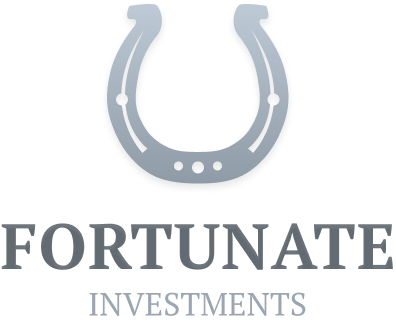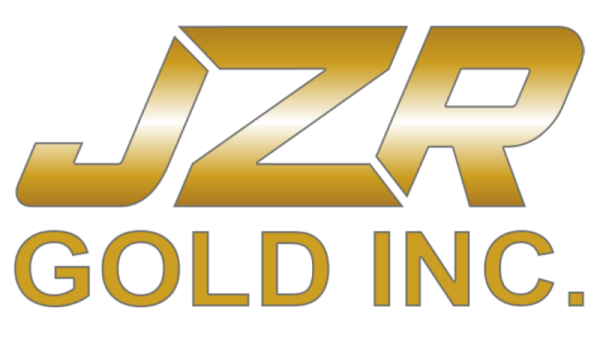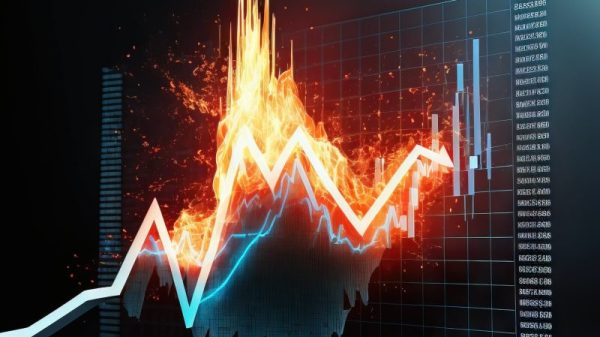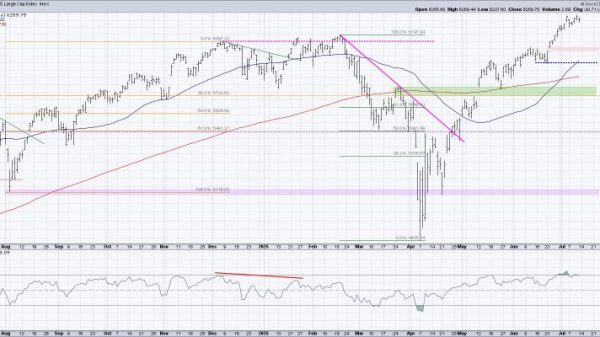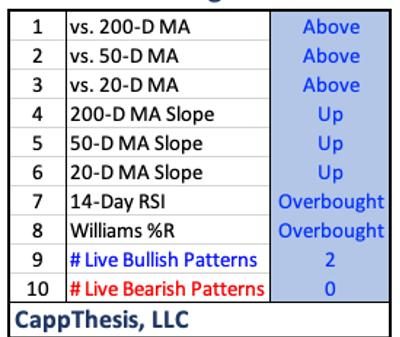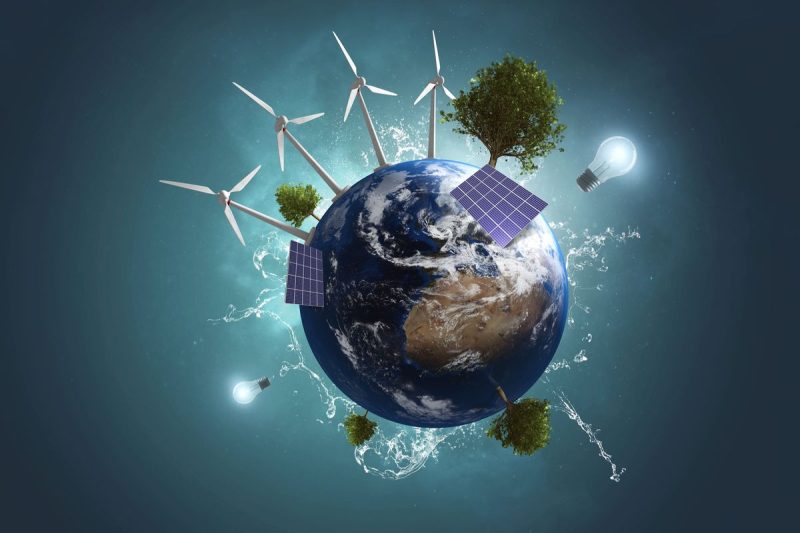Exchange-traded funds (ETFs) have been gaining popularity in North America in a wide range of industries, including the clean energy sector, whose appeal is rapidly increasing.
For investors looking to gain exposure to the cleantech market, investing in individual stocks can be daunting considering the broad reach of this market sector, which includes renewable energy technologies such as wind and solar; battery technologies for electric vehicles and large-scale energy storage systems; agritech, water treatment and air purification systems; built environment technologies; carbon capture and green hydrogen. These are just some of the trends that will affect cleantech in 2024 and beyond.
ETFs have become so popular partially because they provide a safer way for investors to gain exposure to various industries while avoiding the volatility that comes with investing in individual stocks.
Below is a look at the five top clean energy ETFs to consider, ranked by total assets. All numbers and figures were gathered using ETFdb.com and were current as of February 29, 2024. Read on to learn more.
1. iShares Global Clean Energy ETF (NASDAQ:ICLN)
Total assets: US$2.477 billion
The iShares Global Clean Energy ETF was created on June 24, 2008, and has a large portfolio of domestic and international stocks.
An analyst report on the ETF states that it ‘likely doesn’t deserve’ a large weighting in an investor’s long-term portfolio. It suggests that the fund could be useful as a ‘satellite holding’ that looks at a fraction of the market that is often overlooked by less focused ETFs.
Three of the iShares Global Clean Energy ETF’s top-weighted holdings include: Enphase Energy (NASDAQ:ENPH) at 8.81 percent, First Solar (NASDAQ:FSLR) with a 7.64 percent weighting, and Nextracker (NASDAQ:NXT) at 4.93 percent.
2. First Trust NASDAQ Clean Edge Green Energy Index Fund (NASDAQ:QCLN)
Total assets: US$837.32 billion
The First Trust NASDAQ Clean Edge Green Energy Index Fund, which officially came into existence on February 14, 2007, is a ‘unique member’ of the alternative energy category, according to ETFdb.com. Why? Because it invests in companies that have interests in different green energy subsectors, such as biofuels, solar energy and advanced batteries.
ETFdb.com also states that because of this ETF’s focus, it may be appealing to investors looking for broader exposure in the alternative energy sector. Three of its highest-weighted holdings are ON Semiconductor (NASDAQ:ON) at 8.83 percent, First Solar at 7.75 percent, and Tesla (NASDAQ:TSLA) at 6.93 percent.
3. Invesco WilderHill Clean Energy ETF (ARCA:PBW)
Total assets: US$366.32 million
Begun on March 3, 2005, the Invesco WilderHill Clean Energy ETF focuses on clean energy companies using green and renewable energy and technologies that help with cleaner energy.
Currently this ETF’s top-weighted holdings include Nextracker at 2.37 percent, Solid Power (NASDAQ:SLDP) at 2.12 percent and American Superconductor (NASDAQ:AMSC) at 2.08 percent.
4. ALPS Clean Energy ETF (ARCA:ACES)
Total assets: US$230.22 million
The ALPS Clean Energy ETF was formed fairly recently, on June 29, 2018. The majority of the companies in this ETF are based in North America. The top three holdings of the ETF are Enphase Energy at a weight of 6.13 percent, Itron (NASDAQ:ITRI) at 5.90 percent, and Albemarle (NYSE:ALB) at 5.75 percent.
5. SPDR S&P Kensho Clean Power ETF (ARCA:CNRG)
Total assets: US$213.84 million
The SPDR S&P Kensho Clean Power ETF was launched in October 2018 and tracks companies whose products and services are driving innovation in the clean energy sector, including the areas of solar, wind, geothermal and hydroelectric power.
The fund currently has 51 holdings. The top three by weight are Nextracker at 3.71 percent, Constellation Energy (NASDAQ:CEG) at 3.37 percent and General Electric (NYSE:GE) at 3.13 percent.
Securities Disclosure: I, Melissa Pistilli, hold no direct investment interest in any company mentioned in this article.
